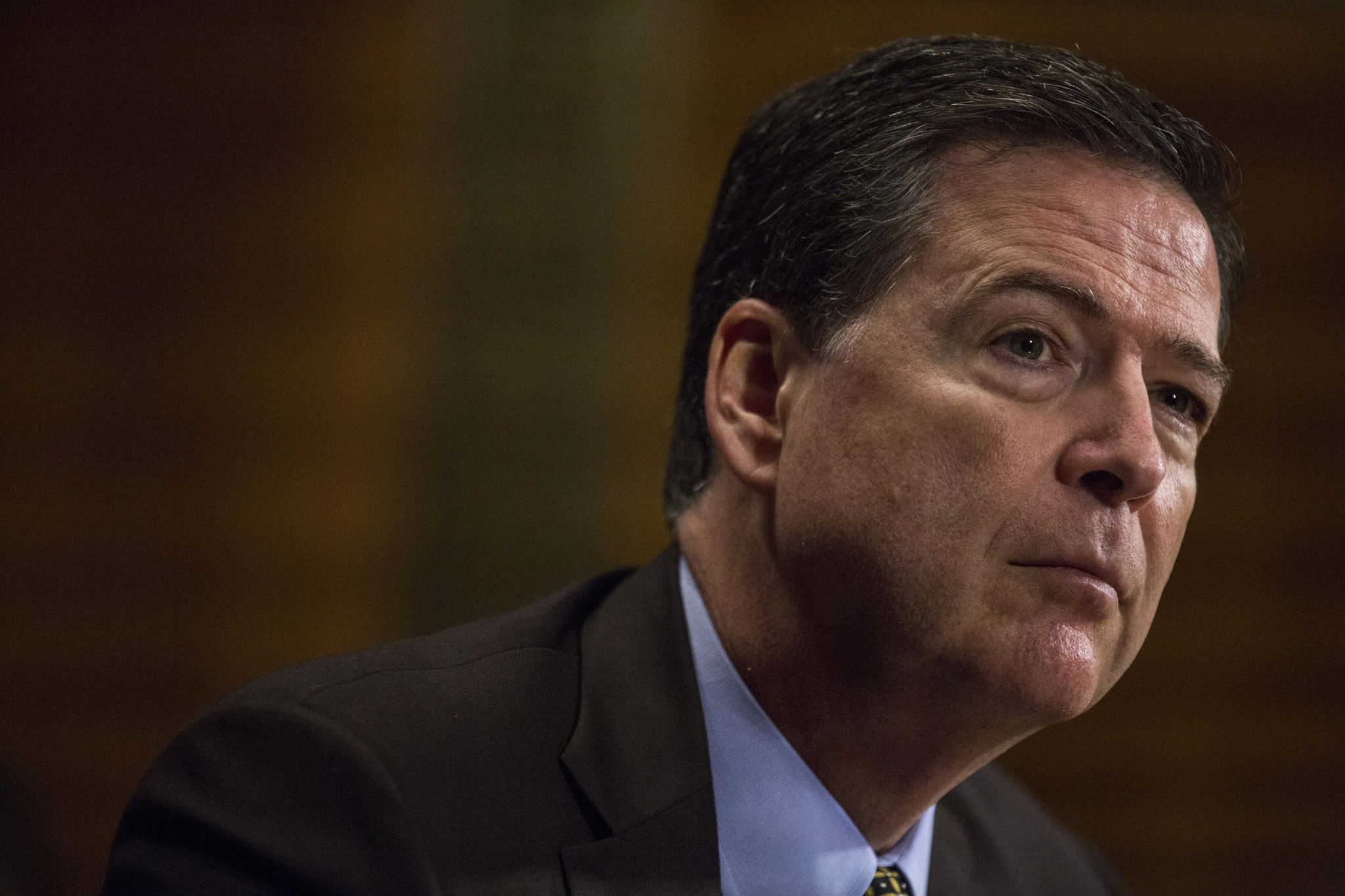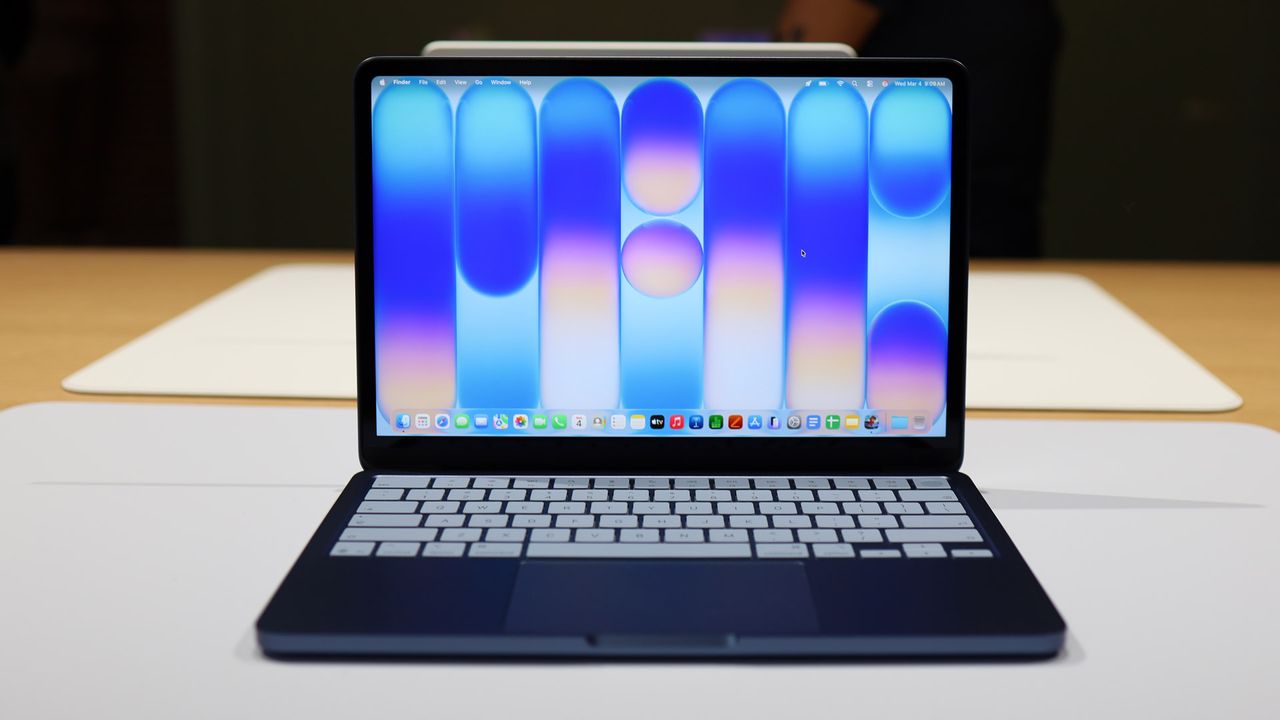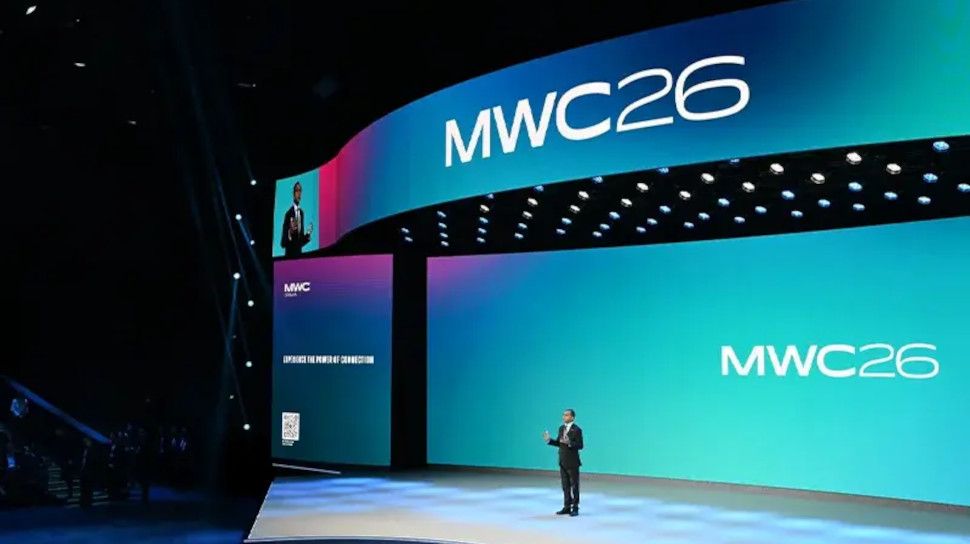
This is some shady business practices right here, folks. A Department of Justice investigation has concluded that the FBI misled Congress when it said that it had exhausted all attempts to access the iPhone used by one of the San Bernardino killers. Some reports are saying “inadvertently”, but I wonder if that’s actually the case. And if it’s not the case, then they are playing fast and loose with the rules. What happened? The FBI claimed in a court filing that it had no means of accessing the data stored on the iPhone without getting Apple to intervene. This claim was then repeated to Congress. A report covering this statement concluded that while it was technically true, it was misleading.
The report is titled: Accuracy of FBI Statements Concerning its Capabilities to Exploit an iPhone Seized During the San Bernardino Terror Attack Investigation. It addresses the statement made by FBI Director (at the time) James Comey. Where this gets shady is that in the testimony to Congress, the FBI said that they could only access the information if they received assistance from Apple. But then, they were quickly able to access the phone without Apple’s help. What is their reason?

Well, according to Amy Hess (former FBI Executive Assistant Director), she indicated that it was due to “rapidly changing technology”. The report indicates that the FBI’s Remote Operations Unit (ROU) was, in fact, aware, that a vendor was likely to be able to access the phone. The FBI had a possible solution, which was about 90% complete. The problem is, they testified that they didn’t have the ability to do so, and only Apple could solve this problem for them. In fact, this was turned into such a big deal, President Trump and his friends have been calling for a back door to iPhones ever since. Stating this case as the reason.
The statement that the FBI didn’t have the capability at the time is technically true, but the rest of it isn’t. The rest is that Apple was needed to make this all happen. Which is why, when I said “inadvertently” earlier, I don’t think that’s the case. If my boss was to say – have you finished that assignment I gave you? My answer would be no, with caveats. Meaning, if I was nearing completion, that would be my response. While technically I’m not finished the assignment, I haven’t been working on it.

And that’s kind of how I view this statement by the FBI. You knew of this possible solution, so why not say that to Congress? Our options are – get Apple to give us access to the iPhone, or we continue down this path of trying to crack it ourselves. Better yet – why not wait until you’ve exhausted your own method, before going to Congress to ask them to force Apple to access the phone? I guess I’m struggling because it seems like the FBI put the cart before the horse here in some ways.
Going back to my situation – if I don’t know how to do something, or I don’t know the answer to something, I look into that before running to my boss to get further direction. The answer might make me look like I have egg on my face. And I think that’s what’s happening here. I don’t want to throw shade at Comey because I think that he got caught up in something, but was this his doing? Or was someone above him telling him how to handle this situation? What I’m trying to say is did someone else jump the gun, and Comey didn’t have a chance to get all his information collected before having to testify? Either way, this deceit doesn’t look good for the FBI.



